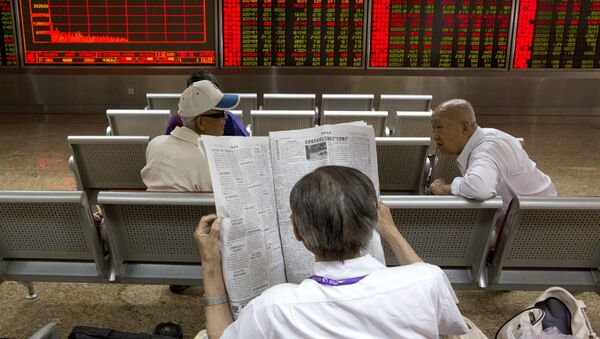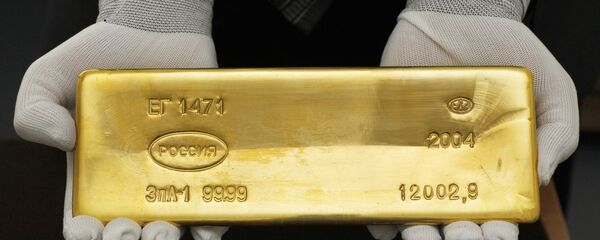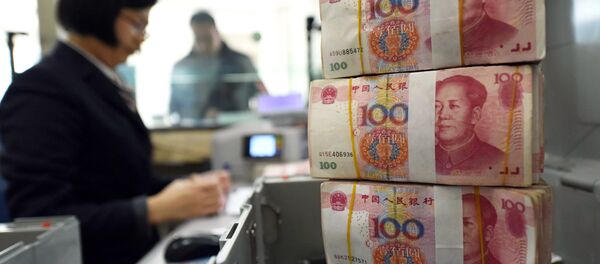MOSCOW (Sputnik), Tommy Yang — US stock index provider MSCI’s decision to include China's domestic shares in its emerging markets index for the first time may not be enough to attract major foreign investors to the world’s second largest stock market, experts told Sputnik.
Psychologically Relevant Only
MSCI plans to include China A-shares in the MSCI Emerging Markets Index and the MSCI ACWI Index starting from June 2018, the world’s largest stock index provider announced Tuesday. MSCI is expected to add 222 China A Large Cap stocks, representing on a pro forma basis approximately 0.73 percent of the weight of the MSCI Emerging Markets Index at a 5 percent partial Inclusion Factor.
MSCI’s move is viewed as a milestone in China’s efforts to draw international funds to its domestic stock market. But experts warned that the inclusion in MSCI’s global benchmark equity market will have limited impact on the Chinese stock market.
Michael Every, the head of Asia Pacific Financial Market Research at Rabobank, told Sputnik that MSCI’s decision will only be "psychologically relevant" in terms of its impact on the Chinese stock market.
"It’s about as physically relevant as when RMB [yuan] entered the IMF reserve basket. What did that really mean? Nothing," he said.
Every noted that when Chinese A-shares are included in MSCI’s Emerging Markets Index in about one year from now, this will only lead to an estimated $11 billion flow into the Chinese stock market that is valued at $6.8 trillion.
Karine Hirn, partner at East Capital, an emerging markets specialist, echoed Every’s assessment.
"The second largest market in the world with a total market cap of $7 trillion and daily trading volumes oscillating between $50-200 billion which are completely dominated by domestic investors, will hardly notice the $12 billion of inflows the MSCI decision implies in 12 months-time," Hirn told Sputnik through an email.
Jonathan Garner, Morgan Stanley’s chief Asia and emerging market equity strategist, is also doubtful that MSCI’s announcement will significantly improve the performance of foreign capital in the Chinese stock market.
"We view this announcement as an important milestone in the integration of China’s equity markets with the rest of the world, but that there is unlikely to be a significantly positive impact on A-share index performance near term," Garner told Sputnik in a research note by email.
China’s Shanghai Composite Index closed 0.52 percent higher on Wednesday, while the Shenzhen Component Index rose 0.76 percent.
A Wake-up Call
Hirn added that the Stock Connect scheme was first launched in 2014, which allowed international investors to trade in hundreds of Shanghai-listed A-shares as well as Hong Kong stocks though a trading link between the bourses in Shanghai and Hong Kong.
"Despite some pick-up of interest in terms of new product development, flows have remained quite limited and it is estimated that only 1.5 percent of the domestic equity market is owned by foreigners. China’s equity market remains mainly driven by domestic investors," she said.
But Hirn stressed that MSCI’s decision to include Chinese shares confirmed "gravitational importance of China A-shares."
"It will take a few years but at the end of the process, China A-shares might represent as much as 20% of the MSCI Emerging Markets index," she said.
She believes investors and asset managers need to speed up the development of their research capabilities and infrastructure operations to adequately handle the world’s second largest equity market.
But Every from Rabobank also warned foreign investors on the risks in the Chinese stock market and proposed to wait and see how foreign investments in Chinese stocks would fare in the next downturn.






